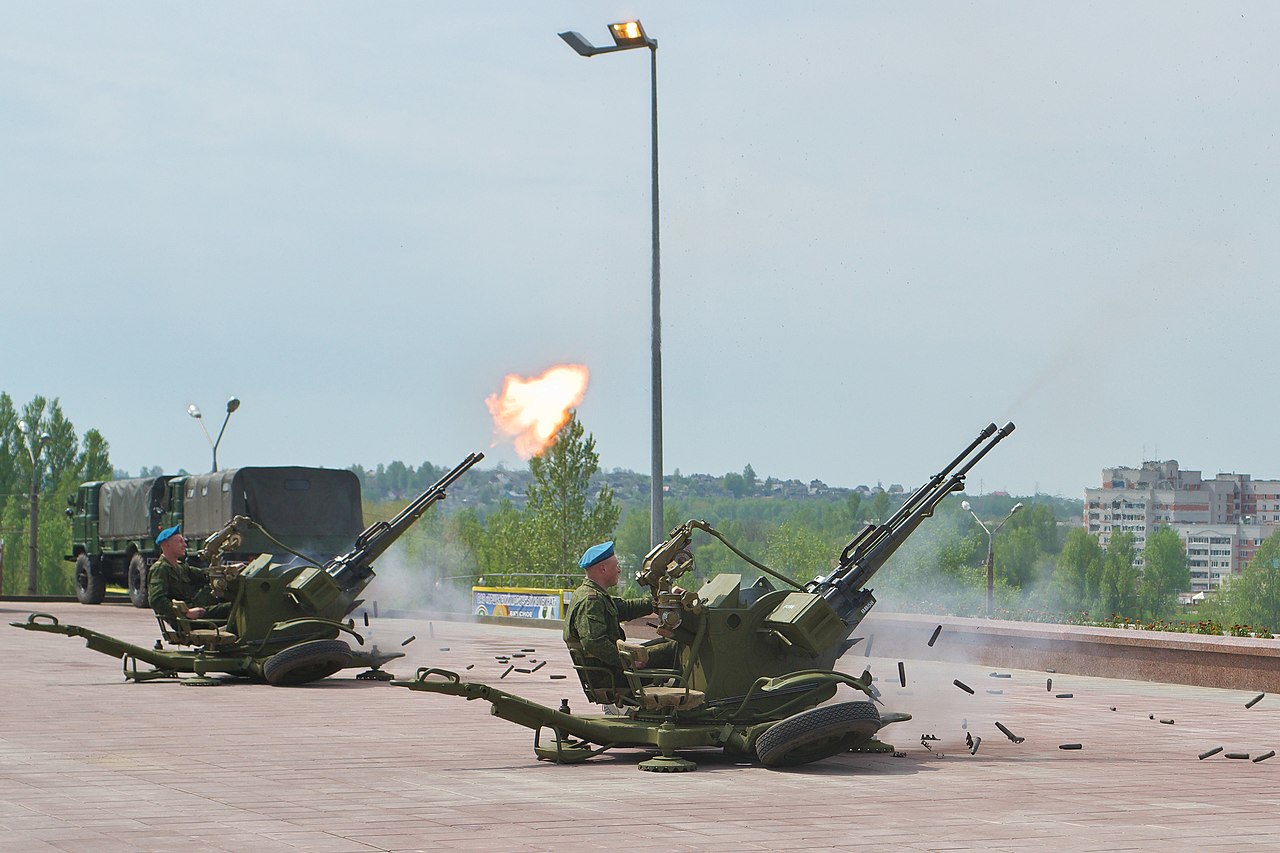Escalation as a way to catch two birds with one stone
 The situation got worse
The situation got worse

Minsk is seeking to increase tension in relations with the West so that it would lead to an aggravation of relations between the West and Russia. Meanwhile, Gazprom and the Belarusian government signed a protocol on prices for gas supplies.
On December 2, Minsk hosted the 61st session of the parliamentary assembly of the Belarus-Russia Union, during which deputies adopted a resolution in connection with the migration tension on the western borders of Belarus. Its major message reads: “The current situation is a consequence of an aggressive intervention policy in the affairs of developing states by the United States of America and the European Union.”
In addition, chairmen of both parliaments Vyacheslav Volodin (Russia) and Uladzimir Andreichanka (Belarus) spoke about the importance of inter-parliamentary interaction and recalled that a hybrid war was waged against Belarus and Russia.
On December 1, the Speaker of the upper chamber of the Belarusian Parliament, Natalia Kachanava, also mentioned the aggressive policy of the West towards Belarus and Russia during her meeting with State Secretary of the Union State Dmitry Mezentsev. She emphasised that a new stage in relations between Belarus and Russian had begun, which would concern all directions of cooperation. Notably, as usual, she did not specify what directions she had in mind.
Overall, last week, Belarusian parliamentarians were unusually active commentators in the media. For example, deputy of the House of Representatives Sergei Syrankov said in an ONT TV show entitled “Objectively” that Belarus was a stumbling block for the West in the fight against Russia.
All these and other statements echo Lukashenka’s interview with MIA “Novosti”, during which he made several controversial statements. In particular, he threatened with a possibility to deploy nuclear weapons in Belarus (if American nuclear warheads appear in Poland). Lukashenka also called Crimea Russian and “his own”.
Lukashenka’s statement about Crimea was ambiguous: in fact, on the one hand, he was talking about a possible trip to Crimea, but not about political recognition in compliance with legal procedures. On the other hand, analysts almost unanimously noted Minsk’s attempt to increase the level of escalation in relations with the West so that it would lead to an aggravation of relations between the West and Russia.
“Shaking other people’s fists” is, basically today’s Lukashenka’s tactics he is using to address two contradictory political tasks. The first is to ensure economic support from Russia – Minsk is dissatisfied with the size of current assistance and would like to increase lending to USD 3 billion (to start with). The second task is to reduce the “soft power”, through which the Kremlin is trying to impose institutional changes in the Belarusian political system.
Amidst the global confrontation between Belarus and the ‘rest of the civilised world’, the signing of a protocol on the gas price formation in 2022 between Gazprom and the Belarusian government was a routine. As promised, the future price will be based on this year’s, which is at USD128.52 per thousand cubic meters.
Subscribe to our newsletter




Situation in Belarus
Constitutional referendum: main consequences


 Video
Video
How to count the political prisoners: are the new criteria needed?


 Video
Video
Paternalism In Decline, Belarusian Euroscepticism, And The Influence Of Russia


 Video
Video












